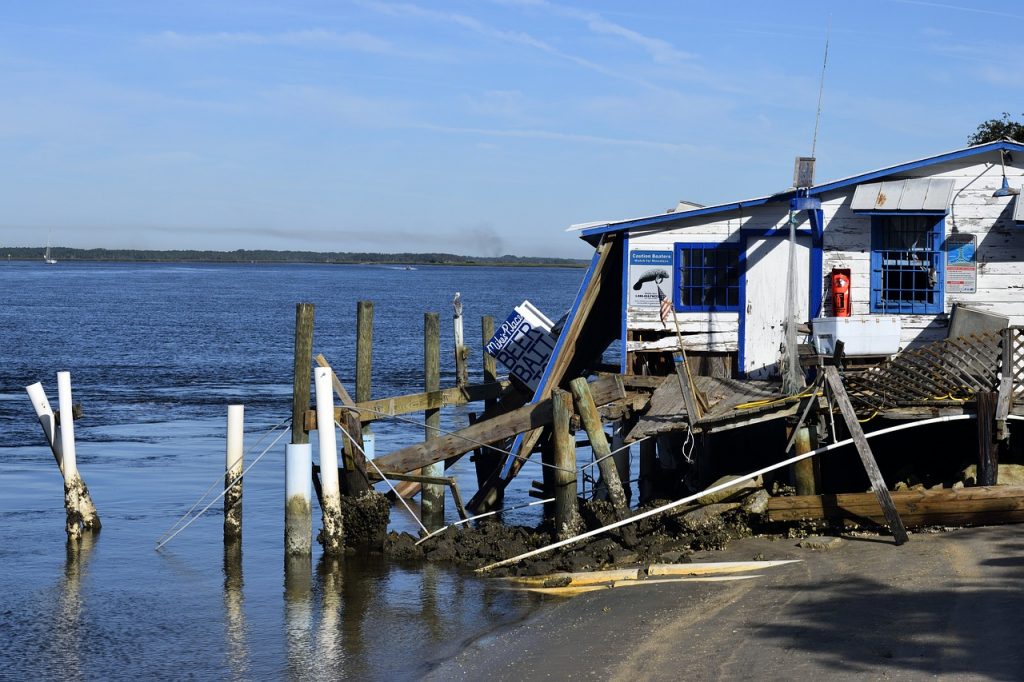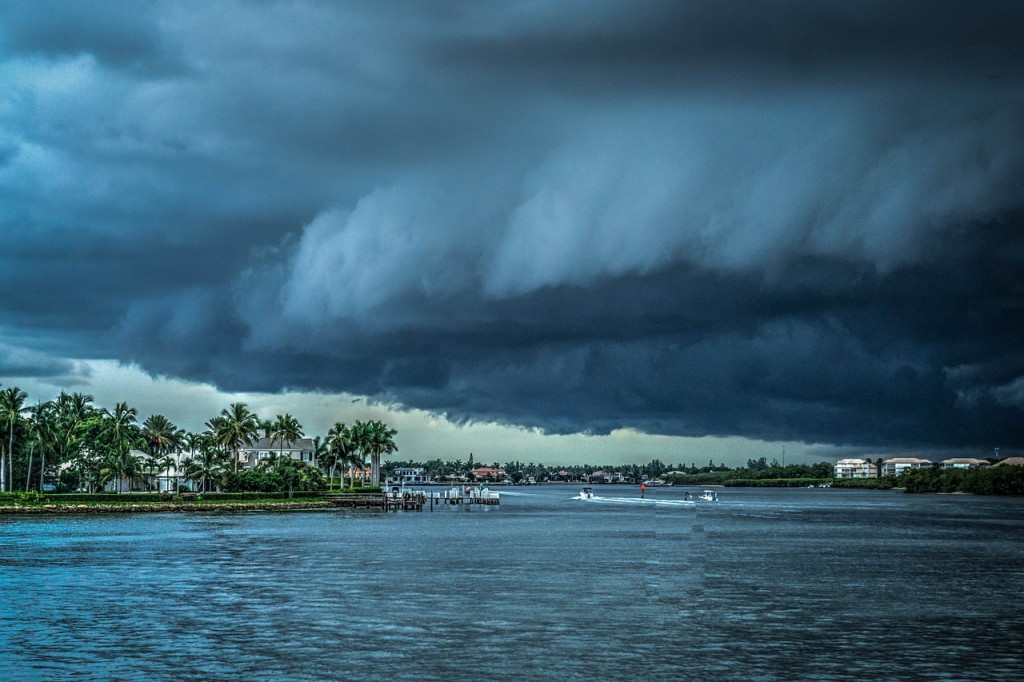The Tampa Bay area dodged a direct landfall from Hurricane Irma this past week but it didn’t spare the area from feeling the effects. Now that the storm is passed it’s time to clean up the mess the hurricane left behind. Read below for important safety, insurance, and clean up tips that will make the recovery process go as smooth as possible.
Follow Instructions
As we’ve said in previous posts about flood and hurricane safety, do not return to your home until you’ve been cleared by local authorities. If you do not heed their warnings, you run the risk of encounter live electrical lines, displaced wildlife, and other dangerous or hazardous situations. If you have been allowed back to your home to collect belongings and assess damage, continue to monitor the instructions of local officials; flooding and storm situations are ever changing even after the initial storm is passed. The CDC recommends using safety equipment such as hard hats, gloves, waterproof boots, and eye protection when you return to a damaged property.
Document Everything
While it’s a good practice to have pre-storm documentation of your home’s condition and your personal effects, you’ll need to document the things that the storm and/or flood waters have done to your property. Your best bet it to take pictures with a digital camera that time-stamps the photos. Contact your insurance company and begin the claims process as soon as possible. Resist the urge to throw out damaged items until after your insurance adjuster has seen the damage first hand or you’ve been instructed to do so by your insurance agent. Some insurance policies include reimbursement for displaced lodging and meals so be sure to keep all of your receipts.

Proceed With Caution
Set the stage for an organized and safe clean out. Make plans to secure valuables and other personal property that were not affected in a separate location. Once the water has receded or been removed from your home, use high powered fans to begin drying. Carpet and dry wall may need to be removed in order to prevent mold growth. Use bleach diluted in clean water to scrub surfaces that may have come in contact with flood water.
Remove downed trees and limbs in a safe manner. If any part of a tree or limb is resting on or near a power line, consider the line live and contact utility workers to assist in the removal. Clear gutters, drain spots, and drains of any debris that may have collected during the storm. If siding was damaged or removed during the storm, check to to ensure the walls and insulation were not damaged before replacing the siding. Hose off any remaining debris from exterior walls, driveways, and sidewalks. Check to make sure fences are secure and sidewalks are in good condition.
If any part of your home looks to be sagging or feels weak, contact a structural engineer to evaluate the issue and determine how best to repair it.
Take Care of Yourself
Experiencing an event such as a hurricane or flood is extremely stressful. It’s understandable to be upset when you see the damage done to your home. Make sure you take proper precautions to protect your physical safety. Be sure to take adequate breaks while working, eat healthy meals and snacks, and get enough sleep each night. If you find yourself struggling mentally with the stress of the situation, don’t be afraid to reach out to a counselor for some help.
